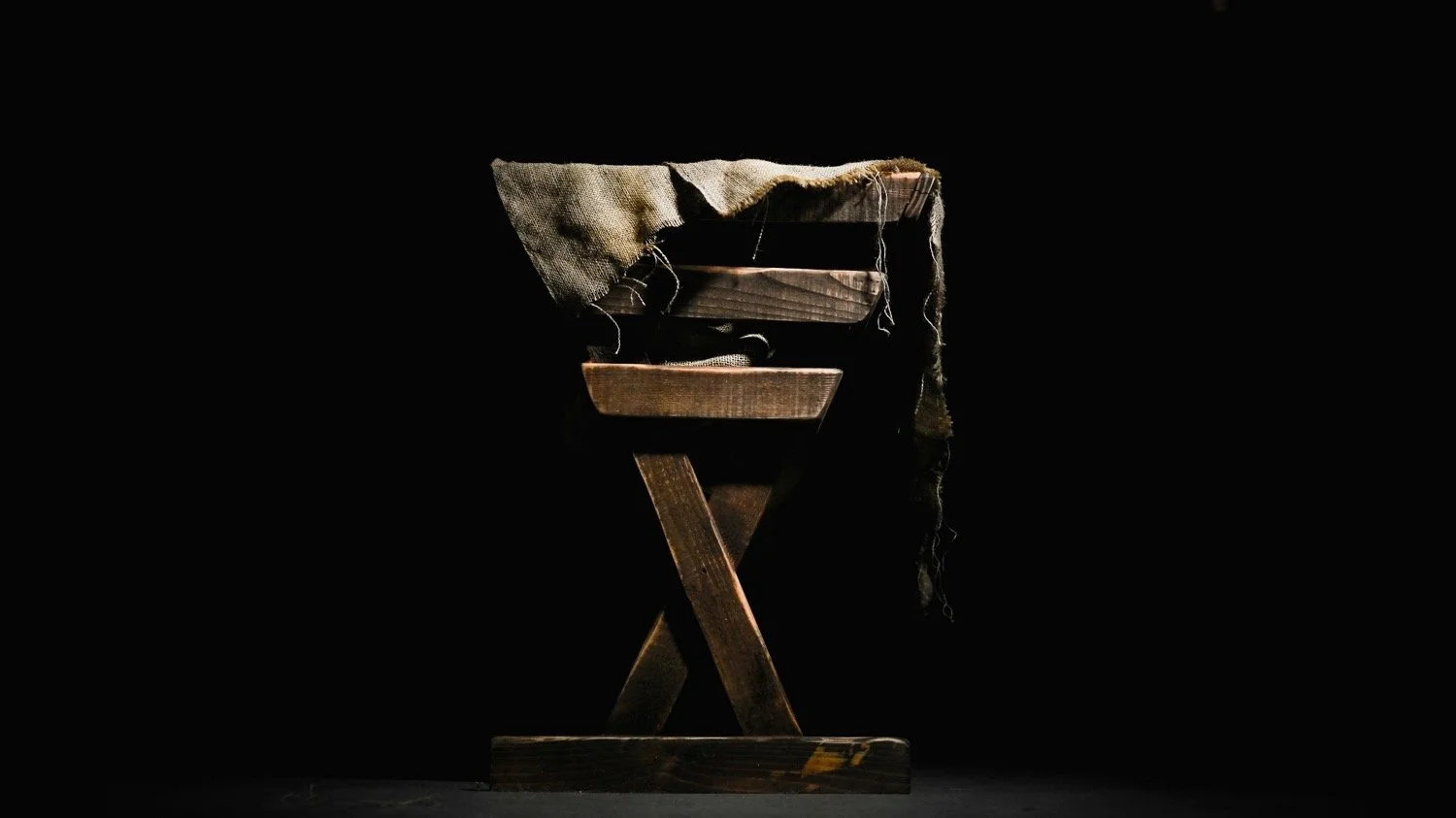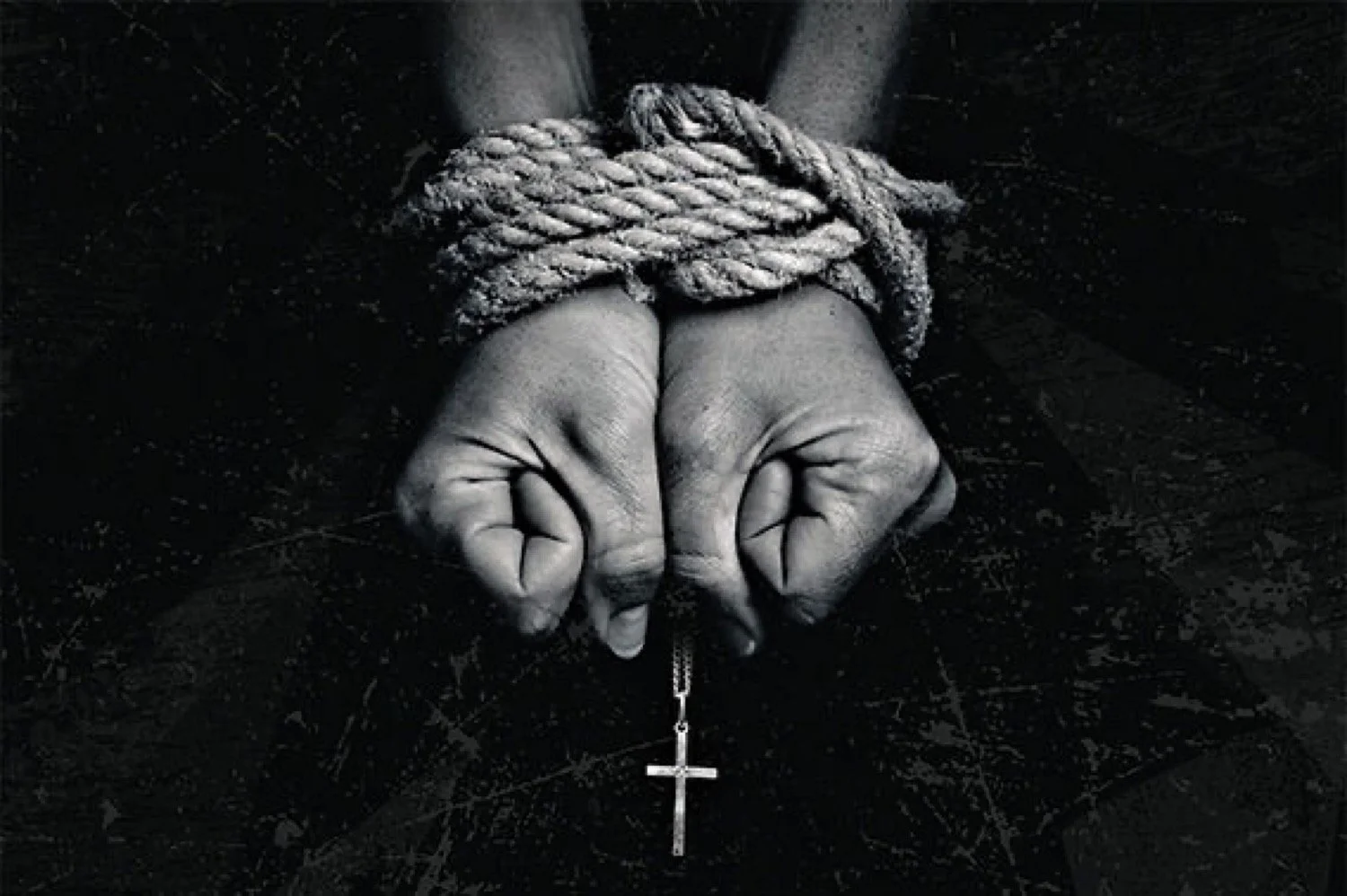Readings for today: Psalms 7, 27, 31, 34, 52
The Psalms are the prayer book of the Bible. 150 prayers written by God’s people. Written in times of celebration to commemorate great victories and triumphs. Written in times of grief to chronicle despair and exile and defeat. Written for use in worship like the Psalms of Ascent. Written for very specific occasions like when David sinned with Bathsheba. They are authentic and raw and real because they reflect real people bringing their deepest longings and questions and heartaches before God.
In today’s selection, David is on the run. He is being pursued by his own people. Betrayed by his own king. Unjustly accused. He has lost his position. His home. His family. One would think such circumstances would lead to bitterness and despair. Anger and frustration. Fear and uncertainty. These are honest feelings and David doesn’t shy away from acknowledging them. “”O Lord my God, in you do I take refuge; save me from all my pursuers and deliver me, lest like a lion they tear my soul apart, rending it into pieces, with none to deliver. (Ps. 7:1-2) “Be gracious to me, O Lord, for I am in distress; my eye is wasted from grief; my soul and my body also. For my life is spent with sorrow, and my years with sighing; my strength fails because of my iniquity, and my bones waste away.” (Psalms 31:9-10) One can hear in his words the anguish and heartbreak. He is afraid. He doesn’t know what the future holds. There are no guarantees he will escape. So he brings these feelings authentically before the Lord. He humbles himself before his God. He knows the Lord sees his afflictions.
At the same time, David prays in faith for his very real needs. He prays for God’s protection. “In you, O Lord, do I take refuge; let me never be put to shame; in your righteousness deliver me! Incline your ear to me; rescue me speedily! Be a rock of refuge for me, a strong fortress to save me!” (Psalms 31:1-2)
He prays for God’s guidance and wisdom. “One thing have I asked of the Lord, that will I seek after: that I may dwell in the house of the Lord all the days of my life, to gaze upon the beauty of the Lord and to inquire in his temple. For he will hide me in his shelter in the day of trouble; he will conceal me under the cover of his tent; he will lift me high upon a rock.” (Psalms 27:4-5)
He prays for God’s comfort and provision. “When the righteous cry for help, the Lord hears and delivers them out of all their troubles. The Lord is near to the brokenhearted and saves the crushed in spirit. Many are the afflictions of the righteous, but the Lord delivers him out of them all.” (Psalms 34:17-19)
Most of all, David lifts his eyes above his current circumstances to praise God for who He is! God is worthy of praise even when we find ourselves in the middle of the most difficult times of our lives. “I will bless the Lord at all times; his praise shall continually be in my mouth. My soul makes its boast in the Lord; let the humble hear and be glad. Oh, magnify the Lord with me, and let us exalt his name together!” (Psalms 34:1-3)
One of the greatest lies the enemy tries to tell us is that our needs don’t matter to God. They are too small. Too insignificant to demand His attention. The enemy tries to convince us that we are a burden to our Heavenly Father and praying authentically somehow makes us unholy or unworthy. The Psalms teach us otherwise. They are raw. They are real. They are emotional. They are bold. The Psalmist - in this case King David - enjoys such intimate fellowship with God that he can literally tell God anything. And that is what God desires from everyone of His children.
So what is your prayer life like? Is it real? Is it authentic? Or are there things you are afraid to share with your Heavenly Father? Areas of your life you try to hide? Do you fear coming into His presence? Afraid of what He might do? What He might say? What He might think? Do you trust God’s gracious character? His unconditional love? Do you believe His mercies are new every morning? Do you believe God is generous towards you? Having an inexhaustible supply of time and attention? Do you know nothing is insignificant to God? Not one need. Not one desire. Do you bring your requests humbly before Him, trusting He knows best what you need? I’d encourage you to use the Psalms as a model, a guide, for your prayers. Let the Psalmist lead you to a deeper understanding of your relationship with God.
Readings for tomorrow: Psalms 56, 120, 140, 141, 142




